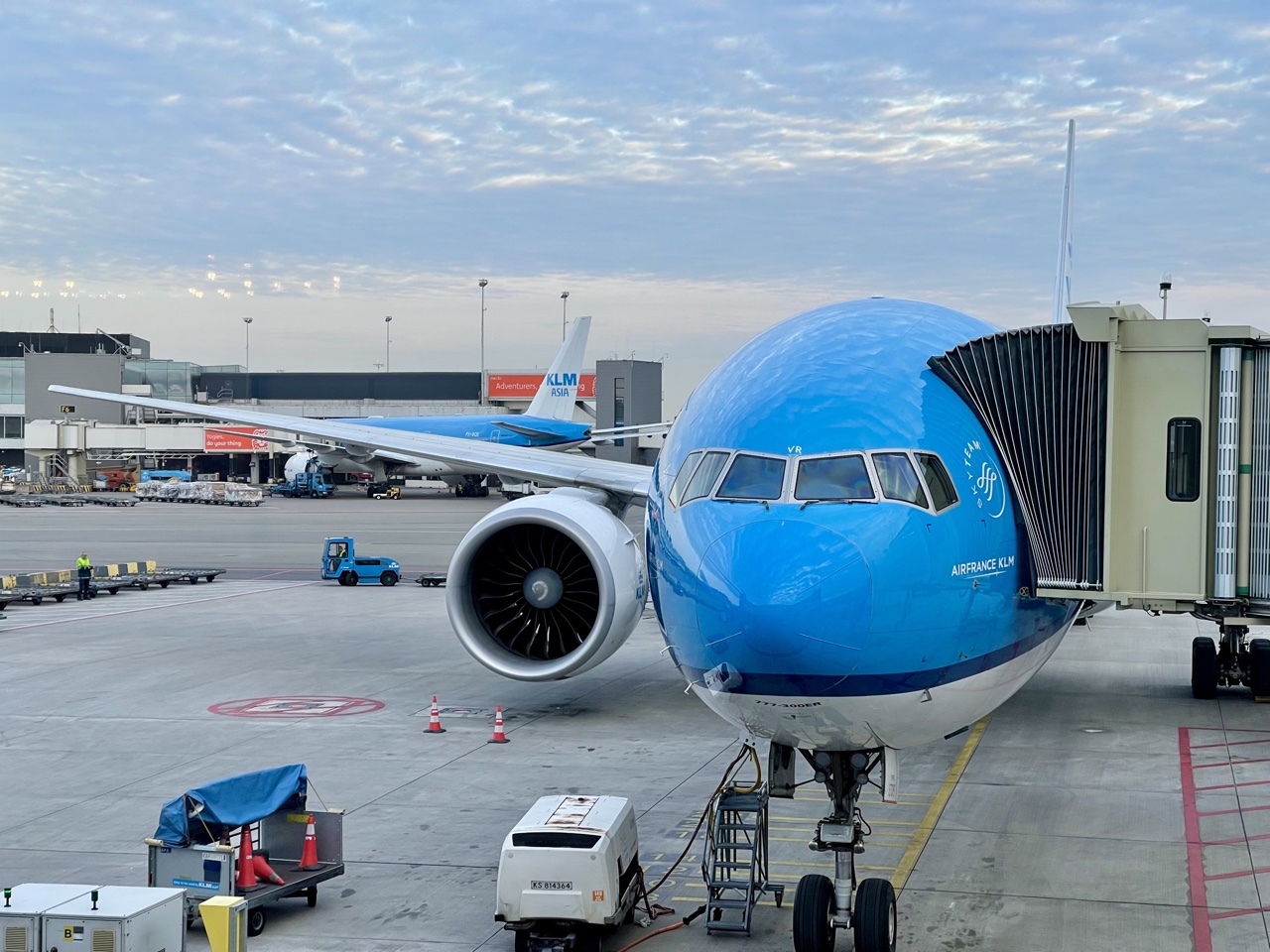EU Pushes Airlines To Clean Up Their Green Marketing
Airlines love to talk about being green, but the EU is cracking down on vague claims and forcing carriers to be clear, honest, and transparent.

Scrutiny Over EU Airlines’ Green Claims
Airlines have never been shy about promoting their green credentials. Browse any carrier’s website and you will see buzzwords about net zero flights, carbon offsets, and sustainable fuels. It all sounds great, and in many cases the intentions are sincere, but the follow through has not always been as solid as the marketing. That gap between the promise and the practice is exactly what brought the European Union to step in and tighten the rules. When it comes to advertising, false claims are a significant concern.
Over the last few years the spotlight on environmental advertising has grown brighter. Travelers are asking tougher questions, regulators want honesty, and climate conferences like COP30 are pushing for real progress rather than polished slogans. That created the perfect moment for the EU to put boundaries around what airlines can say, how they can say it, and what proof they need to show.
What Is Green Washing?
The term “greenwashing” (or “green washing”) is a form of false advertising that overstates the environmental impact of eco-friendly green products, clean energy efforts, or fossil fuel offsets. Companies that engage in greenwashing make misleading claims about the effect of its sustainable practices. Fast fashion brands have been called out for greenwashing as the efforts of using more environmentally-friendly products or processes mislead consumers that their efforts reduce the negative impact of the brand in a meaningful way. In fact, the minor offset is unlikely to address the greater concern of a growing pile of deteriorating clothing discarded into poorer countries or the ocean for disposal.
Brands looking to avoid greenwashing can combat unsubstantiated claims by demonstrating a thorough and robust process to its proposed remedies.
What Triggered the EU Crackdown
Back in June 2023 the European Consumer Organisation (BEUC) raised a red flag, calling out 17 European airlines for what it described as misleading environmental claims. That prompted the European Commission and the Consumer Protection Cooperation Network to launch a formal investigation in 2024. After months of review, the result was a coordinated push directed at 21 airlines to clean up their language.
Those airlines have now agreed that they will not imply that emissions from a single flight can vanish just because a traveler buys carbon offsets or because the airline uses a small amount of alternative fuel. If a carrier promotes sustainable aviation fuel, or SAF, it now must back the term with real data. The same goes for future environmental targets. Airlines must give timelines, outline which emissions they plan to address, and offer calculations that any traveler can understand without a chemistry degree.
Why This Matters for Travelers
For passengers, this is more than a technical rule change. It reshapes how airlines present themselves and how travelers decide which carriers they believe are actually moving the needle. The EU wants to eliminate vague green marketing and replace it with facts. Transparency matters.
National regulators across Europe will monitor compliance. If promises turn out to be more wishful than real, the possibility of enforcement is on the table. For anyone planning their next trip and wanting cleaner travel options, accurate information helps avoid being misled by a glossy sustainability banner that does not hold up.
Across the Channel, the UK has taken a similar stance. The Advertising Standards Authority has ruled against carriers like Air France, Etihad, Virgin Atlantic, and Lufthansa for environmental claims that lacked required evidence. The ASA has made it clear that net zero messaging in aviation is a priority for its oversight, so this is a trend that reaches far beyond the EU.
What It Means for the Future of Sustainable Flying
This push is not meant to slow down the industry’s progress. It is designed to keep airlines honest and make sure the marketing matches the science. Airlines that invest in sustainable aviation fuel, new technology, and real emission reductions will still have plenty to talk about. The difference is that claims must be grounded in evidence rather than ambition.
For travelers, the benefit is a clearer picture of what sustainable flying really looks like. When an airline says it is cutting emissions, investing in better fuels, or working toward climate goals, the hope is that the path is spelled out rather than wrapped in vague language. Honest information helps people choose flights that align with their values, and it encourages the industry to back its promises with action.
Conclusion
The EU’s move to rein in green claims is a sign of where aviation is headed. As pressure builds for real climate progress, airlines will need to show how their environmental plans work rather than simply hint at them. That shift benefits everyone. Travelers get clarity, regulators get accountability, and airlines are encouraged to turn their sustainability messaging into quantitative results.
What do you think?